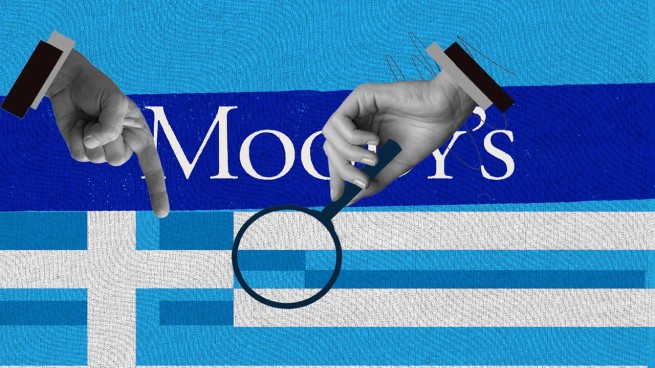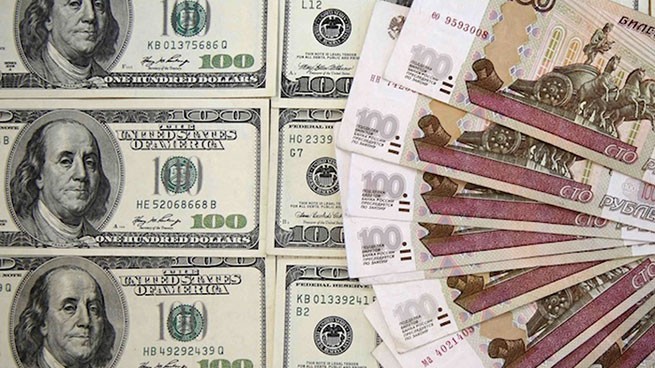Due to sanctions imposed by the United States on the Moscow Exchange, trading in dollars and euros has stopped. Trading with settlements in dollars, euros and all other instruments that are linked to one of these currencies will not be carried out on the Moscow Exchange.
trading platform, writes “European Truth” with reference to message departments, announced trading ceased on June 13. According to the US Treasury, Vladimir Putin previously approved a number of measures to further attract capital through the Moscow Exchange both from Russian persons and from persons from “friendly countries”. The message says:
“This allows shareholders to profit from the Kremlin's war machine by investing in Russian government debt, Russian corporations and leading Russian defense enterprises.”
The new US restrictions also included the National Clearing Center – the counterparty in all currency transactions of the Moscow Exchange, the National Settlement Depository – the central securities depository in Russia, as well as the insurance companies Sogaz and RNPC.
Earlier, the US Treasury announced the expansion of the mechanism of secondary sanctions against Russia and sanctions against more than 90 foreign companies and individuals that help Moscow evade sanctions.
The announcement of US sanctions against the Moscow Exchange and its subsidiaries – NCC and the National Settlement Depository – influenced Russian foreign exchange market. This is evidenced by data from the banki.ru portal.
The cash purchase rate for dollars and euros in the branches of many Moscow banks has risen sharply. As of 21:30 on June 12, the maximum value of orders for the purchase of the first currency was 120 rubles per dollar, and the second – 125 rubles per euro. In some banks, at a certain point, the exchange rate of the American dollar reached 200 rubles.
The official dollar exchange rate according to the Central Bank of the Russian Federation is 89.02 rubles, and the euro is 95.74 rubles. Transactions with these currencies took place at approximately the same level on the Moscow Exchange on June 11 – the last day on which they were traded (June 12 is a day off in Russia).
From June 13, trading with settlements in dollars and euros will not be held on the Moscow Exchange. Transactions with these two currencies accounted for more than 50% of all trading on the exchange in May. In the Central Bank of the Russian Federation reported that all transactions for the purchase and sale of dollars and euros will take place on the over-the-counter market.
“It will be like in 1995-1996, before electronic currency trading started on the MICEX (the former name of the Moscow Exchange). Quite a big rollback,” – warned at the end of 2023, member of the board of the Moscow Exchange Igor Marich spoke about the consequences of sanctions. And independent economist Andrei Barkhota previously commented development of a similar scenario in Forbes:
“If sanctions are introduced against NCC, the Bank of Russia, in terms of setting the exchange rate, will resemble an old night watchman with a flashlight making his rounds at 3:00. Exchange rate formation will not be implemented on the basis of a large array of foreign exchange transactions, but rather on the basis of a small number of discrete transactions. The need to fill the budget will determine the continuation of the trend towards a controlled weakening of the ruble, but in the new conditions it will be even more disconnected from the market.”







More Stories
Hammer attack at Chelyabinsk school (video)
The largest consumer of Russian gas refuses it from 2025
CIA: Ukraine is the leader in mortality and last in birth rate